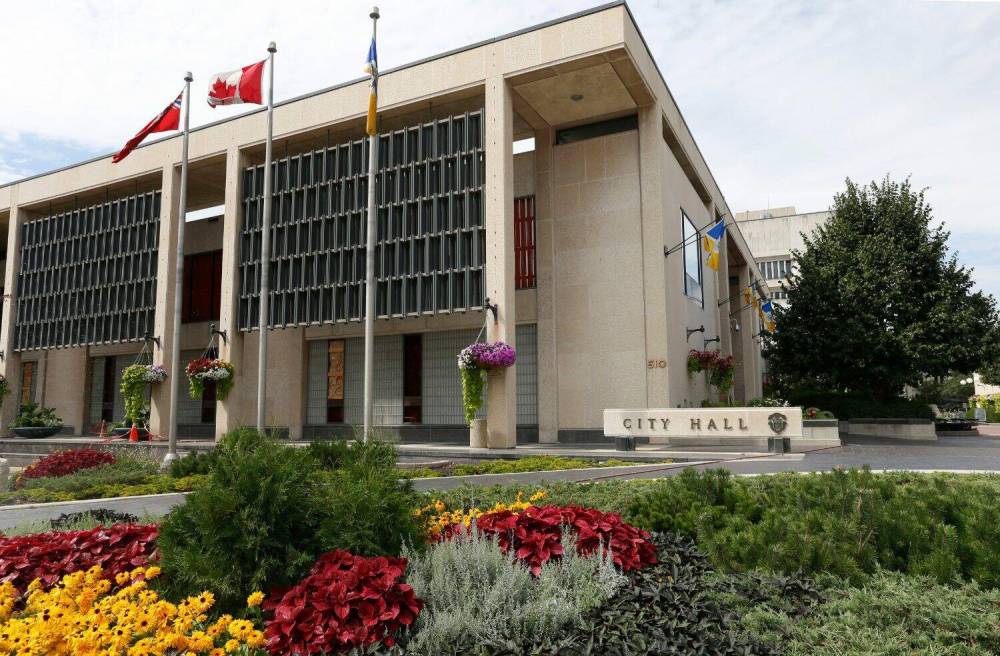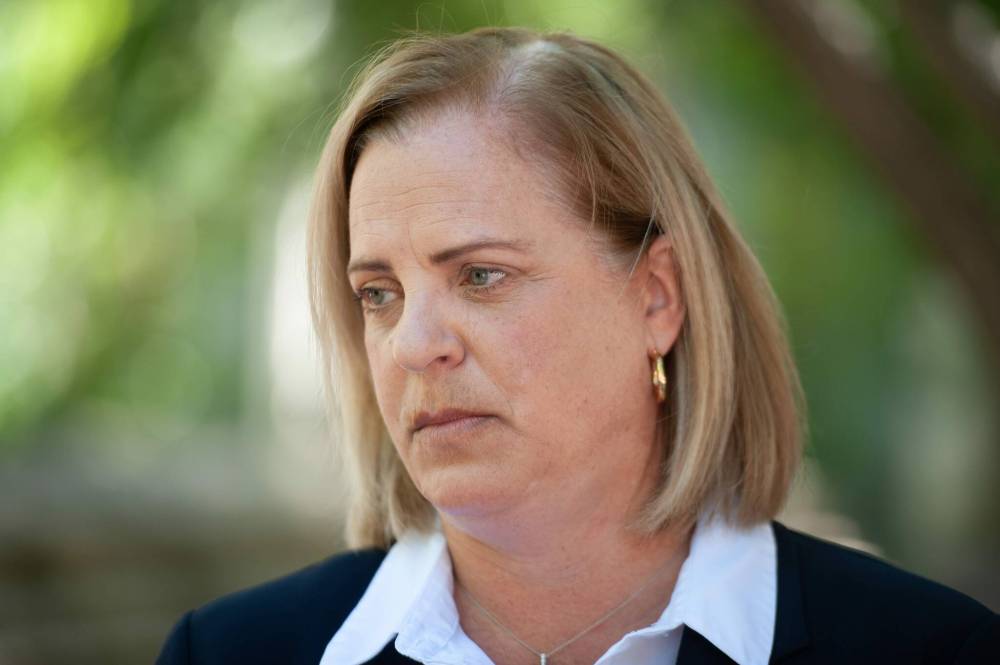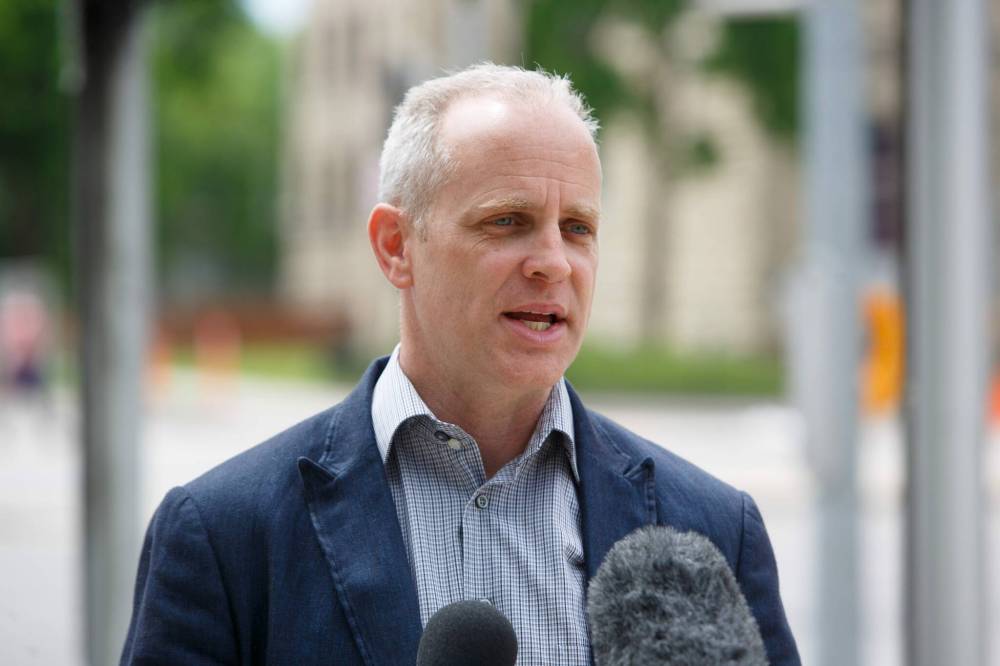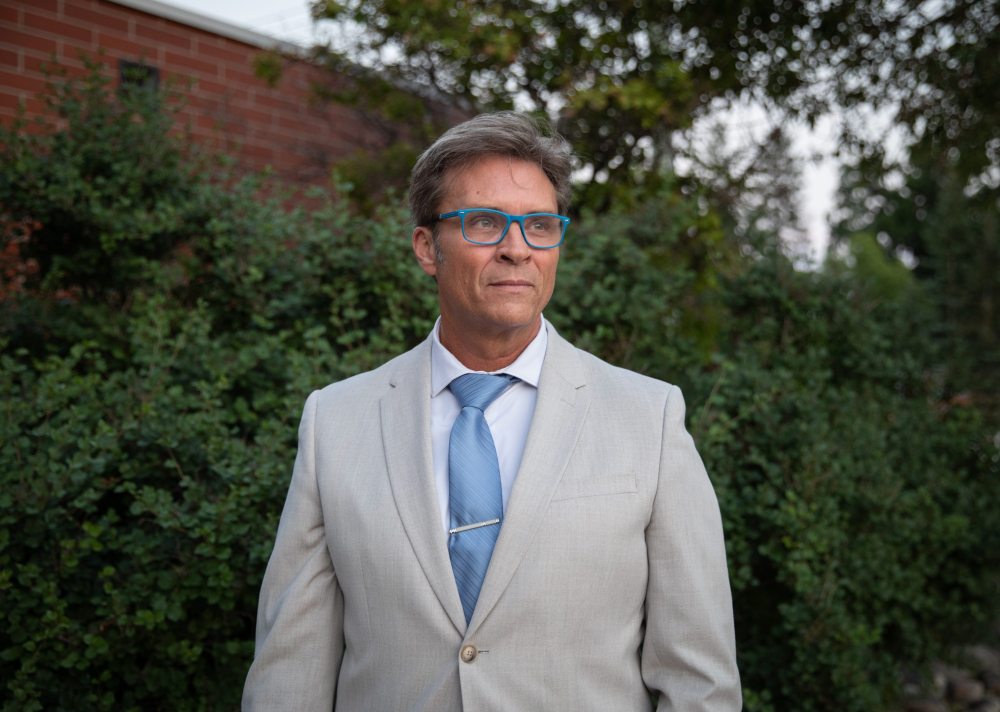Calculating true value of civic campaign pledges
Read this article for free:
or
Already have an account? Log in here »
To continue reading, please subscribe:
Monthly Digital Subscription
$0 for the first 4 weeks*
- Enjoy unlimited reading on winnipegfreepress.com
- Read the E-Edition, our digital replica newspaper
- Access News Break, our award-winning app
- Play interactive puzzles
*No charge for 4 weeks then price increases to the regular rate of $19.00 plus GST every four weeks. Offer available to new and qualified returning subscribers only. Cancel any time.
Monthly Digital Subscription
$4.75/week*
- Enjoy unlimited reading on winnipegfreepress.com
- Read the E-Edition, our digital replica newspaper
- Access News Break, our award-winning app
- Play interactive puzzles
*Billed as $19 plus GST every four weeks. Cancel any time.
To continue reading, please subscribe:
Add Free Press access to your Brandon Sun subscription for only an additional
$1 for the first 4 weeks*
*Your next subscription payment will increase by $1.00 and you will be charged $16.99 plus GST for four weeks. After four weeks, your payment will increase to $23.99 plus GST every four weeks.
Read unlimited articles for free today:
or
Already have an account? Log in here »
Hey there, time traveller!
This article was published 11/09/2022 (1185 days ago), so information in it may no longer be current.
The first question Winnipeg voters should ask candidates in the lead-up to this year’s civic election: how do they plan to pay for all the promises they’re making?
The second: are those proposals even doable under current laws, rules or contracts?
Those are fundamentals during any election. But they may be even more important in this year’s vote, given the City of Winnipeg’s deteriorating financial position and the crossroads it is at in areas such as policing, transit and infrastructure.
The Oct. 26 election may be one of the most pivotal in recent memory, particularly in the aftermath of the COVID-19 pandemic and its impact on the city’s books.
WAYNE GLOWACKI / WINNIPEG FREE PRESS FILES How do Winnipeg's mayoral candidates plan to pay for all the promises they’re making in this year's civic election, and are those proposals even doable under current laws, rules or contracts?
The city is projecting a $55-million deficit in its general revenue fund in 2022. With shrinking reserves, persistently low Winnipeg Transit ridership and growing costs in emergency response budgets, asking candidates tough questions about how they’re going to pay for the goodies they’re promising is more critical than ever.
So, too, is whether such promises can be achieved under the City of Winnipeg Charter, existing collective agreements or other legal constraints.
Mayoral candidate Jenny Motkaluk, for example, is proposing to freeze the salaries of all civic workers who earn $75,000 or more, including police officers and firefighters. That would free up a lot of future money, but it’s hopelessly unrealistic.
ETHAN CAIRNS / WINNIPEG FREE PRESS Mayoral candidate Jenny Motkaluk is proposing to freeze the salaries of all civic workers who earn $75,000 or more, including police officers and firefighters. To do this, the city would have to convince the province to pass legislation enforcing such a freeze.
City staff are employed under collective agreements. Unless the city could convince the province to pass legislation enforcing such a freeze (which it wouldn’t), city hall would have to violate the terms of several such agreements, which would be overturned by the labour board or the courts.
The city could try to negotiate a freeze, but union negotiators (even if they were in agreement) would demand something in return.
Motkaluk hasn’t done her homework.
By contrast, her pledge to eliminate photo radar and red-light cameras is doable, legally. The city doesn’t need the province’s permission to get rid of them (photo enforcement exists under enabling legislation). However, Motkaluk hasn’t said where she would find the money to replace photo enforcement revenue.
WINNIPEG FREE PRESS FILES Rick Shone says he wants to fire Winnipeg Police Service Chief Danny Smyth, alleging the top cop is responsible for poor morale. Legally, the mayor can’t fire the police chief.
Rick Shone, who is also running for mayor, says he wants to fire Winnipeg Police Service Chief Danny Smyth, alleging the top cop is responsible for poor morale. Legally, the mayor can’t fire the police chief. The Winnipeg Police Board hires the chief and Smyth just had his contract extended.
Mayoral candidate Kevin Klein says he would free up police resources by having provincial sheriff’s officers, instead of cops, supervise people in custody who require treatment in hospital.
Sheriff’s officers, who among their duties provide security at courthouses, are not employed by the city, they work for Manitoba Justice. The city has no control over provincial employees.
JESSICA LEE / WINNIPEG FREE PRESS Mayoral candidate Kevin Klein says he would free up police resources by having provincial sheriff’s officers supervise people in custody who require treatment in hospital, but sheriff's officers are provincial employees, so the city has no control over them.
There’s nothing wrong with city candidates pledging to lobby the province to do something. But that’s all it is — a promise to make a request of another government (which, in Manitoba, is usually rebuffed).
Rana Bokhari says if she becomes mayor she would fund a safe injection site for illegal drug users. It’s doable, since provincial approval is not required. Municipalities can get the required exemption directly from Ottawa.
The benefits of safe consumption sites are well-documented, which include reducing overdoses. They also alleviate pressure on hospitals and emergency responders. It’s a realistic promise that may even convince the provincial government (which has been opposed in the past) to eventually fund it.
ETHAN CAIRNS / WINNIPEG FREE PRESS Rana Bokhari says if she becomes mayor she would fund a safe injection site for illegal drug users. It’s doable, since provincial approval is not required. What Bokhari hasn’t said is how the city would pay for it. 
What Bokhari hasn’t said is how the city, which is drowning in debt, would pay for it.
Mayoral candidate Scott Gillingham says he would spend an extra $50 million over four years on road repair, but he hasn’t said how that would be funded.
Glen Murray, the former Winnipeg mayor (1998-2004) who wants his old job back, has announced a slew of new proposed funding commitments, including more money for Transit safety, community groups, bylaw officers and housing. But he hasn’t said how he would pay for those, either. Does he have another New Deal up his sleeve?
If candidates can’t tell voters how they would finance their promises, or if clarity isn’t provided on seemingly unrealistic campaign pledges, they’re not worth the paper they’re written on.
tom.brodbeck@freepress.mb.ca

Tom has been covering Manitoba politics since the early 1990s and joined the Winnipeg Free Press news team in 2019.
Our newsroom depends on a growing audience of readers to power our journalism. If you are not a paid reader, please consider becoming a subscriber.
Our newsroom depends on its audience of readers to power our journalism. Thank you for your support.



